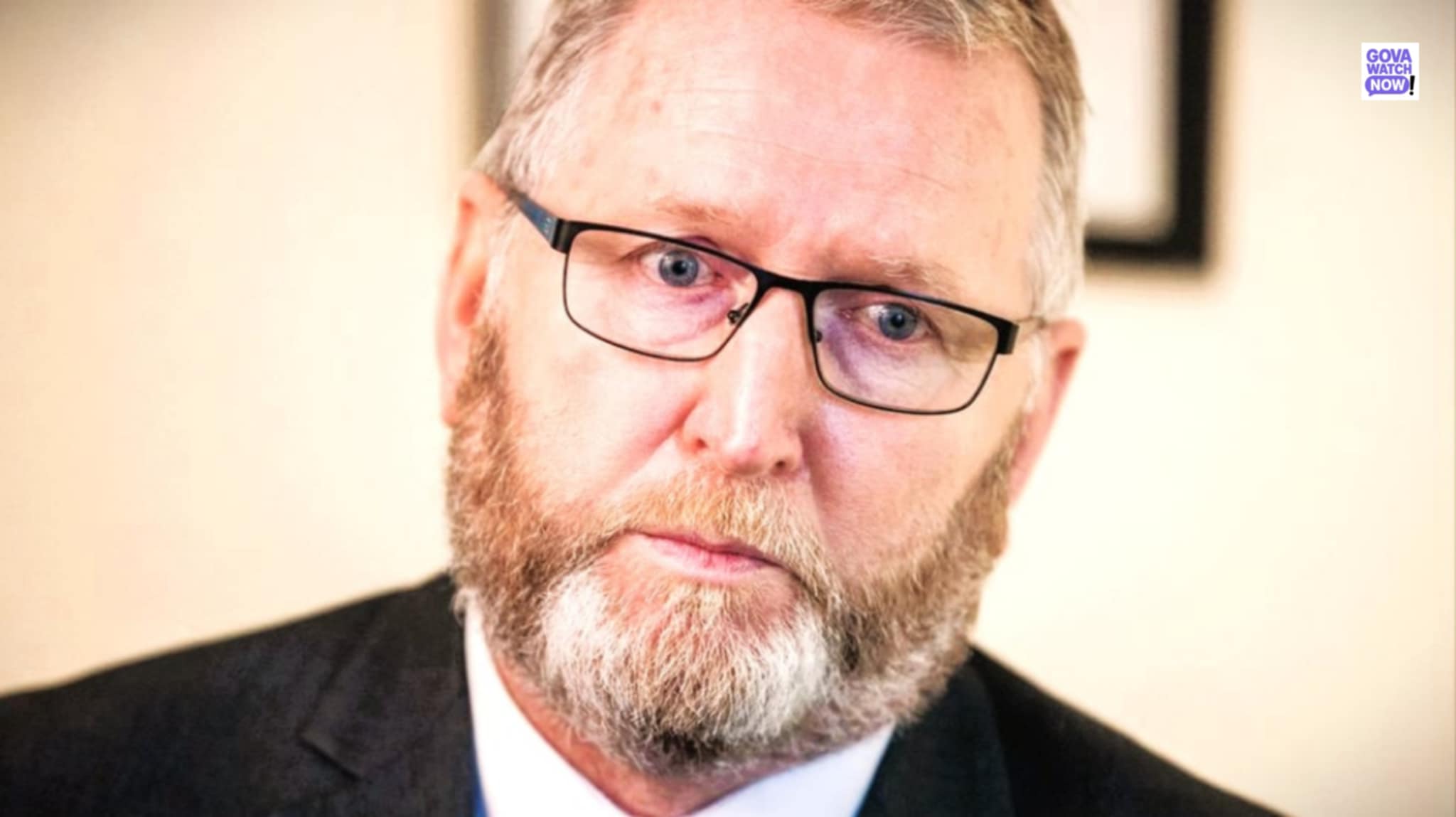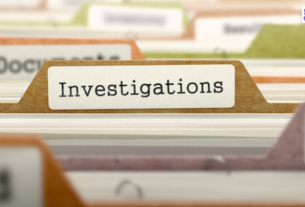The legacy of the Troubles remains one of Northern Ireland’s most painful and unresolved chapters. Amid ongoing debates over how to address decades-old wounds, Ulster Unionist MLA Doug Beattie has delivered a stark warning: the UK government is “letting the Irish government away with everything.” His comments come at a pivotal moment, as key political figures meet to discuss the future of legacy investigations.
Beattie’s criticism is rooted in a deep sense of frustration and urgency. He accuses Westminster of “rolling over” to Dublin’s demands without demanding equivalent action from the Irish government. “Where is the call for justice for Omagh victims, for those targeted in cross-border attacks, and for the hundreds affected by the Provisional IRA’s border campaign?” he asked. “Victims deserve fairness, transparency, and accountability and it is time the UK government showed the courage to hold Ireland to account.”
The UK government’s 2023 Troubles (Legacy and Reconciliation) Act sought to draw a line under decades of painful legal battles by halting many inquests and offering conditional immunity to some perpetrators willing to cooperate with a truth recovery body. Yet, this legislation sparked widespread opposition from political leaders, victims’ groups, and even the Irish government underscoring how deeply divided the path to reconciliation remains.
With the Irish government now challenging the act at the European Court of Human Rights, negotiations between London and Dublin continue amid mounting tension. The Northern Ireland Office has affirmed that talks aim to reach a joint approach with “clear reciprocal commitments.” However, Beattie’s remarks highlight the growing perception that the UK government’s approach lacks the firmness required to address the complex legacy in a balanced and just manner.
At its core, this issue transcends politics; it is about the victims and communities still grappling with loss, trauma, and a desperate need for truth. The legacy of the Troubles demands not only political will but moral courage. Whether the UK government will rise to this challenge and deliver the justice so many seek remains a crucial question for the future of peace in Northern Ireland.




